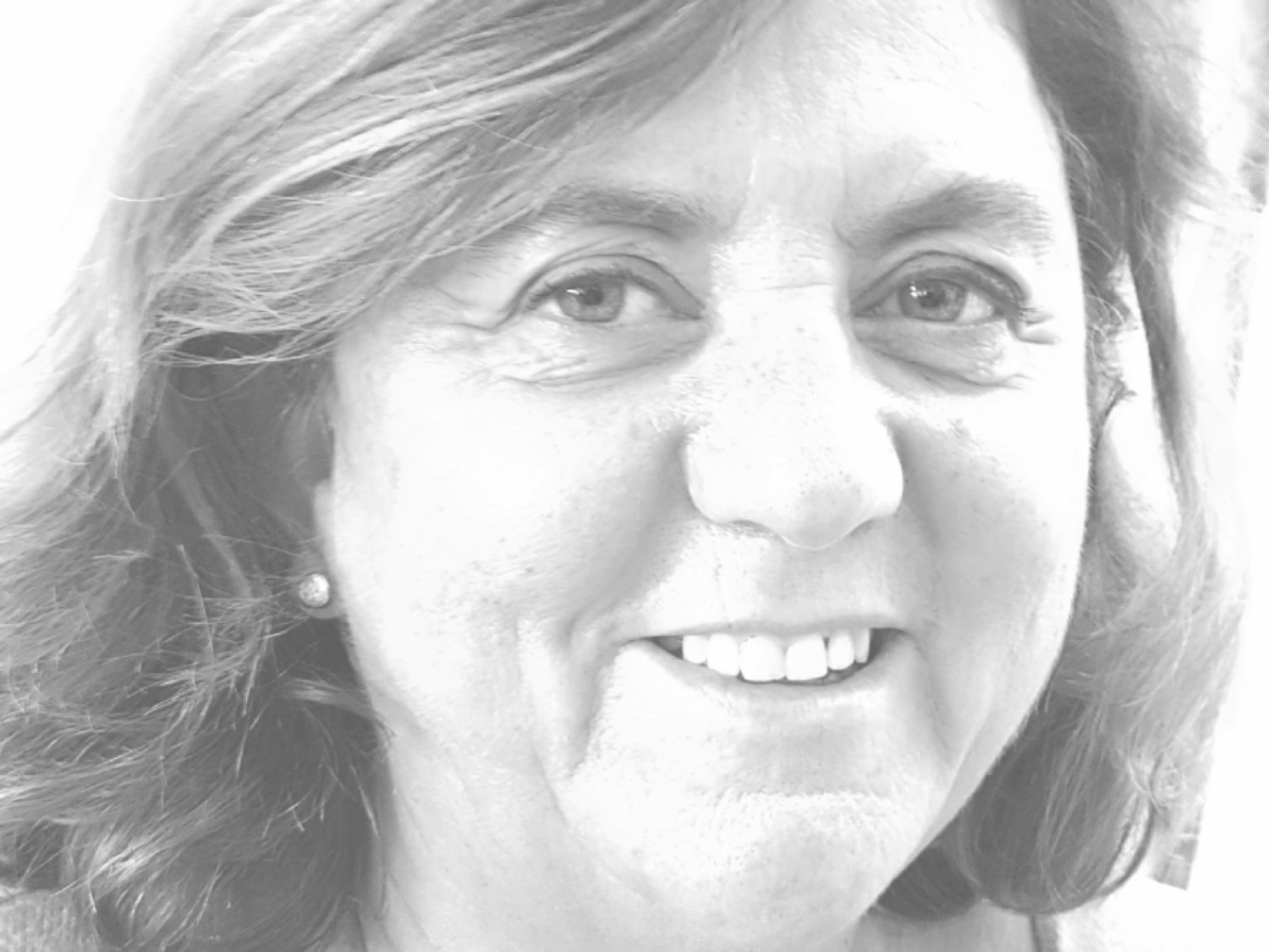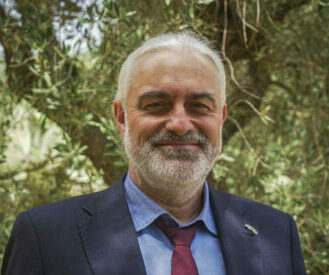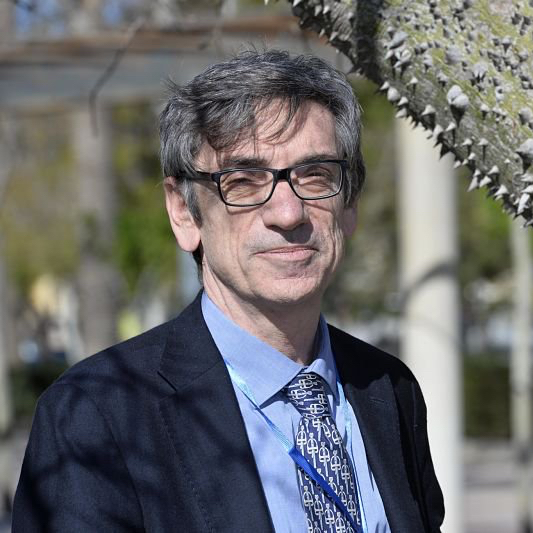LifeWatch ERIC is a distributed research infrastructure consortium composed of seven European Union Member States. The current members are Belgium, Bulgaria, Greece, Italy, Netherlands, Portugal, Slovenia, Spain. All seven members operate from national nodes, known as Distributed Centres, while LifeWatch ERIC‘s Common Facilities are located in three Member States: Spain (Statutory Seat & ICT-Core), Italy (Service Centre) and the Netherlands (VLab & Innovations Centre).
Are you interested in joining LifeWatch ERIC? Take a look at our FAQ.
Common Facilities
Distributed Centres
Governance
LifeWatch ERIC relies on a multi-level governance model to ensure effective decision-making, smooth management, scientific soundness and transparency of processes.
The infrastructure includes two main Statutory Bodies to carry out these functions: the General Assembly and the Executive Board.
These are supported by four Subsidiary Bodies:
- The Scientific and Technical Advisory Board (STAB),
- The In-Kind Contribution Committee (IKCC),
- The Financial Committee (FINCOM),
- The ad-hoc Evaluation Committee.

Statutory Bodies
The Executive Board is responsible for day-to-day management, ensuring the consistency, coherence and stability of infrastructure services and coordination between the Common Facilities and Distributed Centres.
Policies and Internal Rules
Following the Recommendation of the General Assembly, a set of policies and internal rules have been developed to ensure the smooth functioning of LifeWatch ERIC.
All LifeWatch ERIC Policies and Internal Rules are listed below.
Please note that documents stored under the Public tab are freely accessible, while those stored under Restricted Access are reserved.
Please note that access to the documents listed below is restricted, therefore the links will only open if you are logged in with your LwOS account and have the necessary permissions.




